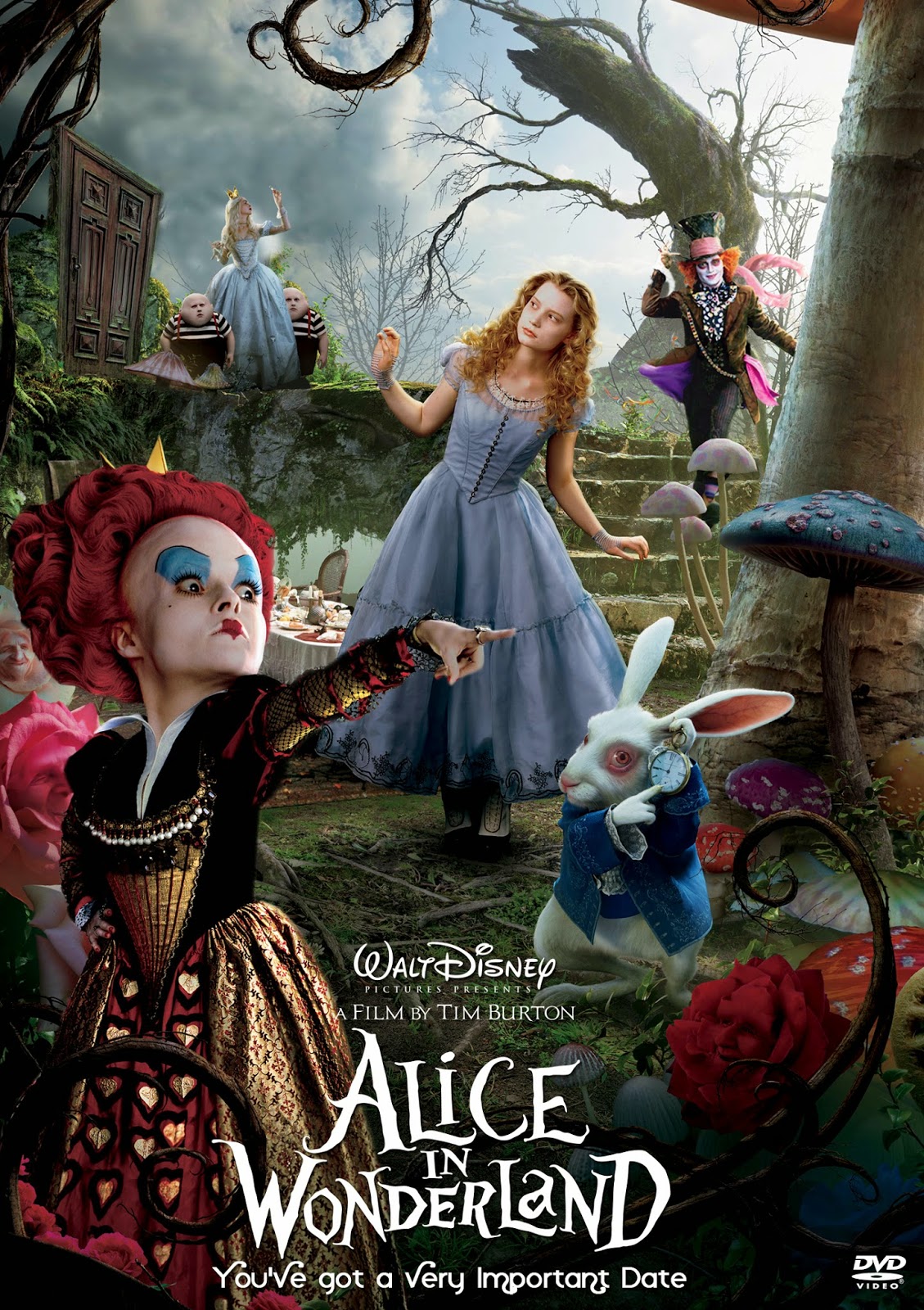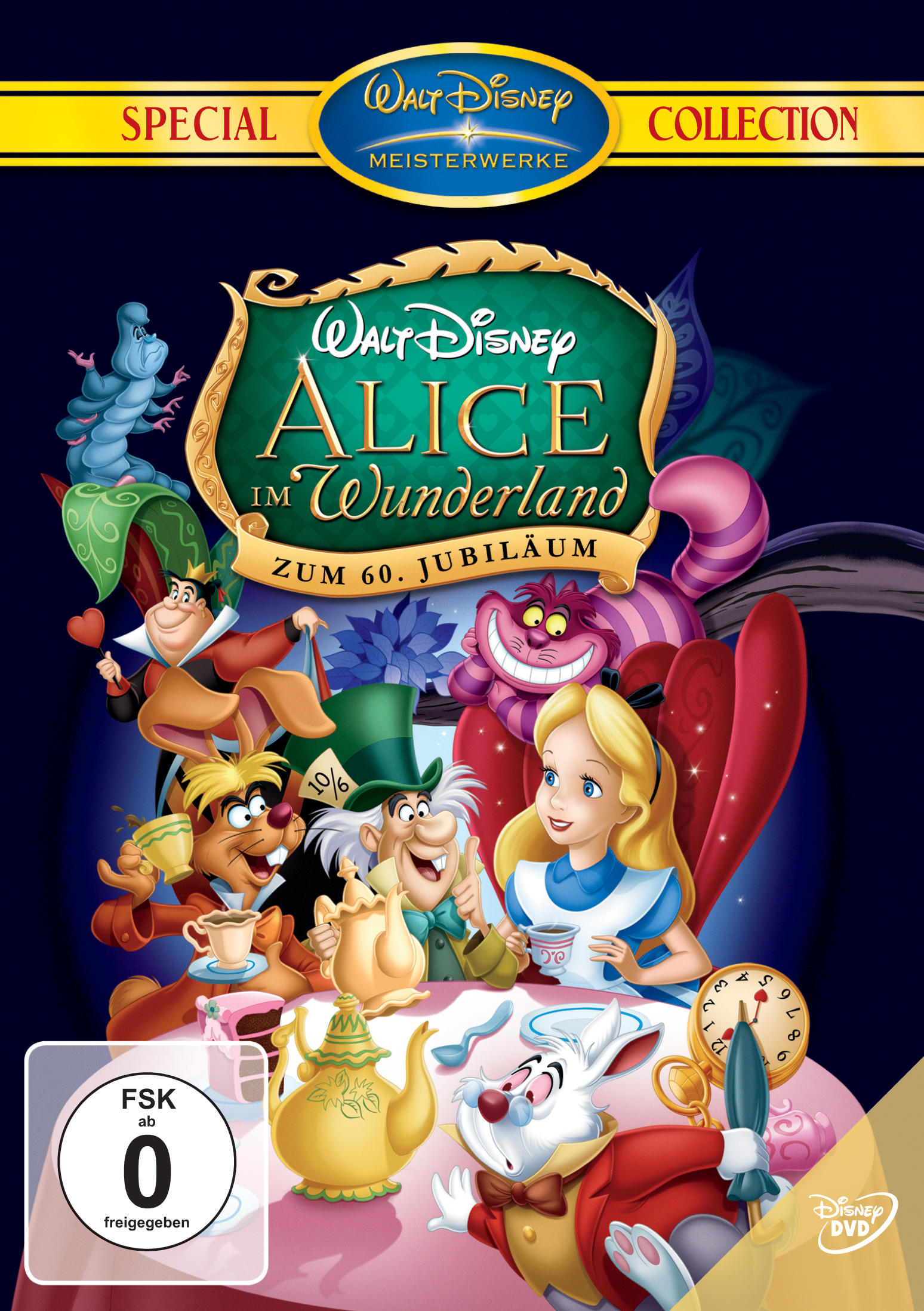Alice_Delish Leaks: Navigating Online Content And Digital Privacy
Detail Author:
- Name : Clovis Dooley
- Username : juana51
- Email : schinner.bernice@yahoo.com
- Birthdate : 1996-11-28
- Address : 62327 Christiana Village North Wernerhaven, VT 58516-9284
- Phone : +1 (347) 308-4041
- Company : Beahan LLC
- Job : Administrative Services Manager
- Bio : Laudantium non nam et. Qui consequatur officia fugiat officiis repellendus. Quas nam cum porro repudiandae. Excepturi id est at illum iste.
Socials
instagram:
- url : https://instagram.com/tod_gleichner
- username : tod_gleichner
- bio : Praesentium exercitationem saepe sint soluta omnis. Ut sit ipsum quis repellat provident.
- followers : 3318
- following : 1652
twitter:
- url : https://twitter.com/tgleichner
- username : tgleichner
- bio : Aut error placeat omnis. Et nobis est nulla non. Et quae impedit explicabo accusantium eveniet et. Minima nemo ut qui optio ut ullam aspernatur.
- followers : 1253
- following : 2372
tiktok:
- url : https://tiktok.com/@gleichnert
- username : gleichnert
- bio : Dolores alias sit veniam consequatur. Earum provident nemo quis voluptas.
- followers : 547
- following : 724
linkedin:
- url : https://linkedin.com/in/gleichnert
- username : gleichnert
- bio : Sint voluptatem soluta et quam ut nisi.
- followers : 1689
- following : 1836
It's almost like, the digital world, it throws a lot our way, doesn't it? When a search term like "alice_delish leaks" pops up, it naturally sparks a lot of curiosity, and perhaps a bit of concern, for many people. This kind of phrase, you know, it tends to bring up questions about online content, about personal boundaries, and about what we all share, or maybe don't mean to share, on the internet. It's a rather big topic, really, and it touches on some very important aspects of how we live our lives online today.
So, what exactly does a term like this mean for someone looking it up? Well, it often points to discussions or searches around private information, pictures, or videos that might have been shared without someone's permission. It’s a pretty sensitive area, and it brings up a lot of thoughts about privacy, about consent, and about the responsibilities we all carry when we're online. People are often looking for clarity, for facts, or just trying to figure out what's going on with such a prominent search query.
This article aims to shed some light on the broader conversation around such online occurrences. We're going to explore what these kinds of search terms mean for digital citizenship, for personal security, and for the way information moves across the web. It's about understanding the landscape, you know, and how to approach these situations with a good head on your shoulders, making sure you stay informed and safe.
Table of Contents
- Understanding the Digital Persona Behind Search Terms
- The Nature of Online Information and Privacy
- Safeguarding Your Digital Presence
- Responsible Online Behavior and Information Consumption
- The Evolving Online Landscape and Future Considerations
- Frequently Asked Questions About Online Content
Understanding the Digital Persona Behind Search Terms
When a name like "alice_delish" becomes associated with terms like "leaks," it often points to a public figure, or someone who has a significant online presence, perhaps an influencer or a creator of some kind. It's interesting how quickly names can become linked to certain phrases online, isn't it? These individuals, they often share parts of their lives, their creative work, or their thoughts with a wide audience. This public sharing, you know, it builds a connection with their followers, and it creates a certain kind of digital persona, which is really just how they appear to others online.
This digital persona, it's a bit like a brand, or a public image, that someone builds over time. It’s what people come to know and expect from them. The internet, it provides a very direct way for these people to reach out, to share their passions, and to connect with others who have similar interests. So, when a search query like "alice_delish leaks" comes up, it's often tied to this established public image, and it brings up questions about the boundaries of that public presence, and what happens when those boundaries might be challenged.
Hypothetical Digital Footprint of a Public Figure
To give you a clearer picture, let's think about what a public figure's online presence might typically involve. This isn't about anyone specific, just a general idea of the kinds of details that often become part of a public persona. It's a way to imagine the elements that contribute to someone's online identity, which is that, more or less, what people see and know about them. You know, it's pretty much how they present themselves to the world.
| Category | Typical Information Shared Publicly |
| Online Platforms | Social media profiles (e.g., Instagram, TikTok, YouTube), personal websites, blogs, fan pages. |
| Content Focus | Creative work (art, music, writing), lifestyle content, tutorials, opinions, daily vlogs. |
| Audience Interaction | Comments, direct messages, live streams, Q&A sessions, community engagement. |
| Professional Endeavors | Brand partnerships, product endorsements, public appearances, media interviews. |
| Public Persona Traits | Perceived personality, values, interests, and general public image. |
The Nature of Online Information and Privacy
The internet, it’s a truly vast place, isn't it? Information, it moves at a remarkable speed, and it can reach so many people, practically instantly. This ease of sharing, while it offers wonderful opportunities for connection and for learning, it also brings some pretty significant challenges, especially when we talk about privacy. What one person considers private, another might see as public, and that difference in perspective can sometimes lead to very complicated situations, you know. It’s a very fine line to walk, often.
The way we interact with online content, it really shapes our digital experience. We're constantly making choices about what to share, what to consume, and what to believe. And with the sheer volume of stuff out there, it's, like, pretty easy to get caught up in things without fully understanding the background or the implications. This is why, arguably, having a good grasp of digital literacy and critical thinking is more important now than it has ever been.
What Constitutes a "Leak" in the Digital Age?
So, what do people mean when they talk about a "leak" online? Basically, it refers to private information, or content, that ends up in the public domain without the permission of the person it belongs to. This could be anything from private messages, to personal photos, to unreleased work, or even just details about someone's life that they intended to keep secret. It’s a bit like someone opening a private letter and reading it aloud for everyone to hear, which is, well, not good at all.
These situations, they can happen in a few different ways. Sometimes, it's a security breach, where someone gains unauthorized access to accounts or systems. Other times, it might be a result of someone sharing something with a trusted person, who then, perhaps, shares it further without permission. And sometimes, it's just a misunderstanding of privacy settings on social media, where something intended for a small group ends up being visible to many more. It's, you know, a very tricky area.
The Impact on Individuals and the Public
The consequences of such unauthorized sharing can be pretty far-reaching. For the individual whose information is "leaked," the impact can be quite severe. It can cause a lot of emotional distress, reputational harm, and even, in some cases, lead to safety concerns. Their sense of personal security, it can be deeply shaken, and that's a very difficult thing to deal with, as a matter of fact. It really affects people in a profound way.
For the public, and for those who encounter such content, there's also an impact. It raises questions about ethical consumption of information. Should we view content that might have been shared without consent? What role do we play in preventing the spread of such material? These are important questions, and they highlight the collective responsibility we all have to foster a more respectful and safer online environment. It's, like, something we all need to think about.
Safeguarding Your Digital Presence
Given the nature of online information, taking steps to protect your own digital presence is, you know, just plain sensible. It's not about being overly paranoid, but rather about being smart and proactive with how you manage your information online. Think of it as building a strong fence around your digital home. You want to make it difficult for unwanted guests to get in, and you want to control what goes out, too. It’s pretty much just good practice.
It’s a bit like maintaining your physical home, in a way. You wouldn't leave your front door wide open for anyone to walk in, would you? The same idea applies to your online accounts and your personal data. Small actions, when done consistently, can make a very big difference in keeping your information secure and your privacy intact. So, it's really about being mindful, always.
Proactive Steps for Online Security
There are several things you can do to strengthen your online security. First off, using strong, unique passwords for every account is, arguably, one of the most important steps. Think of them as very complex keys, each one different, for each of your digital doors. A password manager can help you keep track of them, which is, like, super helpful. It really makes things easier.
Secondly, enabling two-factor authentication (2FA) wherever possible adds an extra layer of protection. This means that even if someone gets your password, they'd also need a second piece of information, like a code sent to your phone, to get in. It's, you know, a very effective barrier. And thirdly, being very careful about clicking on suspicious links or downloading files from unknown sources is just common sense. Phishing scams, they're still out there, and they're pretty sneaky.
Regularly reviewing the privacy settings on all your social media accounts and other online services is also a good idea. Make sure you understand who can see your posts, your photos, and your personal details. Adjust them to a level you're comfortable with. It's, well, your information, so you should have a say in who sees it. And, you know, just generally, keep your software updated, because updates often include security patches that fix vulnerabilities.
Managing Your Digital Footprint
Your digital footprint, it's basically all the traces you leave behind as you use the internet. Every website you visit, every comment you post, every photo you upload – it all contributes to this footprint. Managing it means being aware of what you're putting out there and understanding how it might be used or seen by others. It's a very important part of online self-care, to be honest.
Consider what you share publicly. Do you really need to post every detail of your life? Sometimes, sharing less is actually more. Think about the long-term implications of what you post today. Could it be misunderstood years from now? Could it affect your future opportunities? These are questions worth asking yourself before you hit that "post" button, you know. It's about being thoughtful.
Also, periodically search for your own name online to see what information about you is publicly available. This can give you a pretty good idea of your digital footprint and help you identify anything you might want to remove or adjust. If you find old accounts you no longer use, it's a good idea to deactivate them. They can be, like, potential weak points if they're left unguarded. Learn more about online privacy best practices on our site.
Responsible Online Behavior and Information Consumption
Being online, it's not just about what we do ourselves; it's also very much about how we interact with others and with the information we come across. When terms like "alice_delish leaks" circulate, it presents a moment for us all to consider our role in the broader digital ecosystem. Are we contributing to the problem, or are we part of the solution? It’s a pretty important question, actually.
The way we consume information, especially when it's about other people, has a real impact. It’s about being thoughtful, about being empathetic, and about making choices that support a healthier, more respectful online space for everyone. This is, you know, really at the heart of good digital citizenship, which is, well, something we should all strive for.
Thinking Before You Click or Share
Before you click on a link that promises "leaked" content, or before you share something that seems sensational, just take a moment to pause. Ask yourself: Where did this come from? Is it credible? Is it respectful? Is it ethical? A lot of times, content that makes big claims, especially about someone's private life, it's often designed to get clicks, and it might not be accurate, or it might be harmful. It's, like, a very common tactic, sadly.
Spreading unverified information, or content that might violate someone's privacy, it can have serious consequences, both for the person involved and for the overall tone of the internet. We all have a part to play in slowing down the spread of harmful or unverified material. It's about being a responsible participant, you know, and not just a passive consumer. And, you know, if you're not sure, it's always better to err on the side of caution.
Supporting Ethical Content Practices
One way to help create a better online environment is to actively support content creators and platforms that prioritize ethical practices. This means looking for sources that are transparent, that respect privacy, and that produce high-quality, legitimate content. When you choose to engage with and support these kinds of creators, you're sending a message that you value integrity and respect online. It’s a very simple yet powerful way to make a difference, you know.
Also, if you come across content that you suspect is a genuine privacy violation, or something that seems deeply unethical, there are often ways to report it to the platform it's hosted on. Most major platforms have reporting mechanisms in place for such issues. Taking that step, it can help get harmful content taken down and protect individuals from further distress. It’s a very practical way to contribute, honestly, to a safer internet. And, you know, it just feels right.
The Evolving Online Landscape and Future Considerations
The internet, it's always changing, isn't it? New technologies, new platforms, new ways of interacting – they pop up all the time. This constant evolution means that our approach to online safety and privacy, it also needs to keep pace. What worked yesterday might not be enough for tomorrow. So, staying informed about the latest trends, about new threats, and about best practices is, you know, pretty much an ongoing effort.
For instance, just think about how artificial intelligence (AI) is developing. It’s creating new possibilities for content creation, but also, it could bring new challenges for verifying authenticity and for protecting personal likenesses. This means we'll need to adapt our thinking, and our habits, to these new realities. It's a bit like learning a new language, always adding new words to your vocabulary. It's, well, a continuous process.
As of late 2023, early 2024, the discussions around digital rights and data governance are more prominent than ever. Governments and organizations are trying to figure out how to balance innovation with protection, which is, arguably, a very complex task. For individuals, this means paying attention to how these changes might affect your own online experience and your rights. It's about being an informed citizen, both offline and online, which is, you know, very important. It really is.
Ultimately, the conversation around terms like "alice_delish leaks" is a reminder that the digital world, it mirrors the real world in many ways. It has its good parts, its challenging parts, and it requires us all to act with a certain level of awareness and responsibility. By doing so, we can help build a more respectful, more secure, and more positive online space for everyone. It’s a shared effort, after all. You can also link to this page for more information on digital ethics.
Frequently Asked Questions About Online Content
People often have a lot of questions when it comes to online content and privacy. Here are a few common ones that come up, especially when discussing situations like alleged "leaks" or sensitive information online. It’s a way to, you know, clear up some common thoughts.
Q: How can I tell if online content is real or fake?
A: It's often a good idea to look for the original source of the content. Check if reputable news organizations or official channels are reporting on it. Look for inconsistencies in the story or images. Sometimes, a quick search for the information on multiple, trusted websites can give you a better idea. If it seems too wild to be true, it, you know, very often is.
Q: What should I do if I find my private information online without my permission?
A: First, try to identify where the information is hosted. Then, look for the platform's reporting mechanism to request its removal. Many social media sites and content platforms have clear policies against unauthorized sharing of private material. You might also consider contacting legal counsel if the situation is serious, or if you can't get the content removed yourself. It’s a very serious matter, obviously.
Q: Are "leaks" always illegal?
A: Not all unauthorized disclosures are necessarily illegal, but many can be, especially if they involve private personal information, trade secrets, or copyrighted material. The legality often depends on the type of information, how it was obtained, and the jurisdiction. However, even if not strictly illegal, such actions are often unethical and can cause significant harm. It’s, like, a very complex legal area, honestly.


